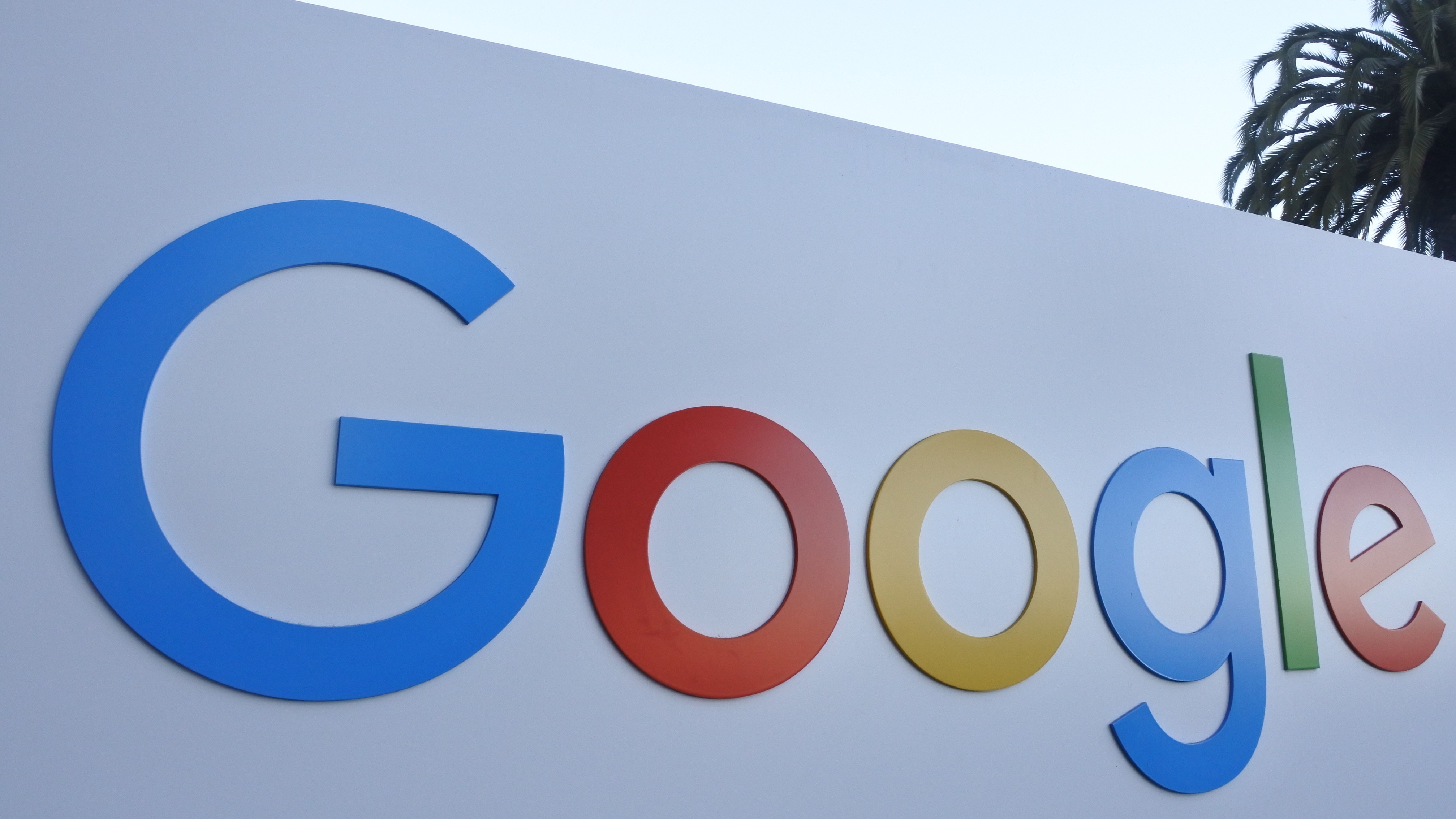Google hit with €1.49bn EU fine
Search giant's ad policies were unfair to rivals and stifled competition

The EU has fined Google €1.49bn for blocking rival online search advertisers as it looks to crackdown on anti-competitive policies.
This is third major EU fine that the search giant has incurred in two years and the latest case accuses the US company of abusing its market dominance by restricting third-party rivals from displaying search ads between 2006 and 2016.
Google has since changed its AdSense contracts with large third parties to give them more leeway in how they display competing search ads.
- EU government websites littered with Google ad trackers
- Google can limit "right to be forgotten" in EU
- The EU may force Google to make significant changes to Android
EC commissioner Magrethe Vestager explained why it decided to fine Google over its ad policies, saying:
"Google has cemented its dominance in online search adverts and shielded itself from competitive pressure by imposing anti-competitive contractual restrictions on third-party websites. This is illegal under EU anti-trust rules."
Advertising policy changes
According to the European Commission, back in 2006 Google began including “exclusivity clauses” in its contracts which prevented publishers from placing ads from rivals such as Microsoft and Yahoo on search pages.
Then in 2009, the company replaced these exclusivity clauses with “premium placement” clauses which required publishers to keep the most profitable space on their search results pages for Google's ads. They even had to request a minimum number of Google ads.
Sign up to the TechRadar Pro newsletter to get all the top news, opinion, features and guidance your business needs to succeed!
Google also required publishers to obtain written permission before making any changes as to how rival ads were displayed, allowing it to control “how attractive, and therefore clicked on, competing search adverts could be”. These restrictive clauses then made it difficult for the company's rivals to grow and compete.
Google has since updated its ad policies according to its global affairs head Kent Walker who explained the changes it has made and those it plans to implement, saying:
“We've always agreed that healthy, thriving markets are in everyone's interest. We've already made a wide range of changes to our products to address the Commission's concerns. Over the next few months, we'll be making further updates to give more visibility to rivals in Europe."
Governments around the world are growing increasingly concerned over the power tech giants have over their rivals and the EU's decision to fine Google should serve as a warning for others that have tried to stifle the competition.
Via The BBC
- Also check out the best VPN
After working with the TechRadar Pro team for the last several years, Anthony is now the security and networking editor at Tom’s Guide where he covers everything from data breaches and ransomware gangs to the best way to cover your whole home or business with Wi-Fi. When not writing, you can find him tinkering with PCs and game consoles, managing cables and upgrading his smart home.
